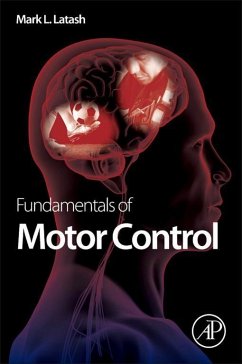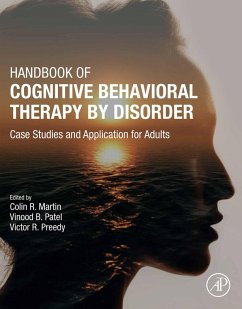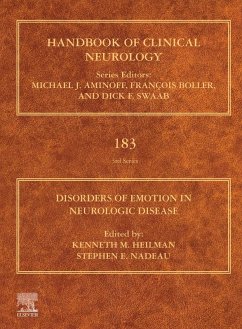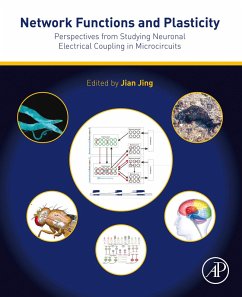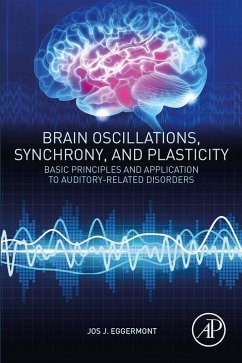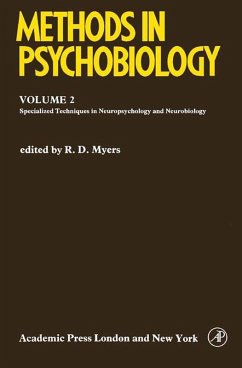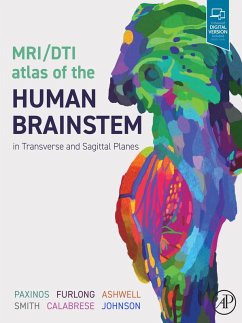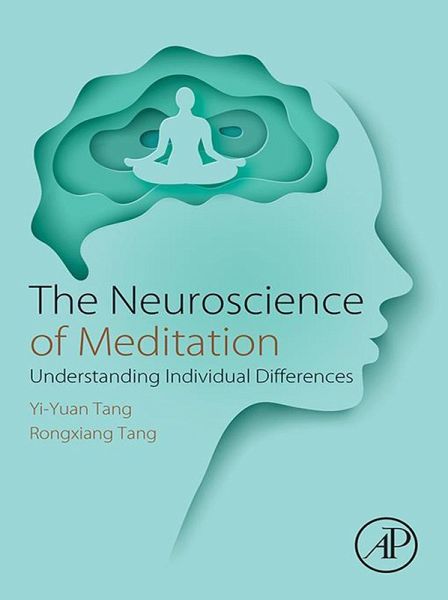
The Neuroscience of Meditation (eBook, ePUB)
Understanding Individual Differences
Versandkostenfrei!
Sofort per Download lieferbar
63,95 €
inkl. MwSt.
Weitere Ausgaben:

PAYBACK Punkte
32 °P sammeln!
The Neuroscience of Meditation: Understanding Individual Differences explores the individual differences in learning and practicing meditation, while also providing insights on how to learn and practice effectively. The book comprehensively covers the research in brain areas and networks that mediate the positive effects of meditation upon physical and mental health. Though it examines how people differ in how they learn and practice meditation, it underscores how underlying mechanisms differ in learning and practicing meditation and how they remain unclear to researchers. This book addresses ...
The Neuroscience of Meditation: Understanding Individual Differences explores the individual differences in learning and practicing meditation, while also providing insights on how to learn and practice effectively. The book comprehensively covers the research in brain areas and networks that mediate the positive effects of meditation upon physical and mental health. Though it examines how people differ in how they learn and practice meditation, it underscores how underlying mechanisms differ in learning and practicing meditation and how they remain unclear to researchers. This book addresses the research gap and explores the brain science behind meditation. - Examines the biological mechanisms that give rise to individual differences - Incorporates brain imaging and physiological recordings for further measurement of individual differences - Covers the genetic association between meditation learning and practice - Explores how meditation changes over the lifespan-from children to seniors
Dieser Download kann aus rechtlichen Gründen nur mit Rechnungsadresse in A, B, BG, CY, CZ, D, DK, EW, E, FIN, F, GR, HR, H, IRL, I, LT, L, LR, M, NL, PL, P, R, S, SLO, SK ausgeliefert werden.




